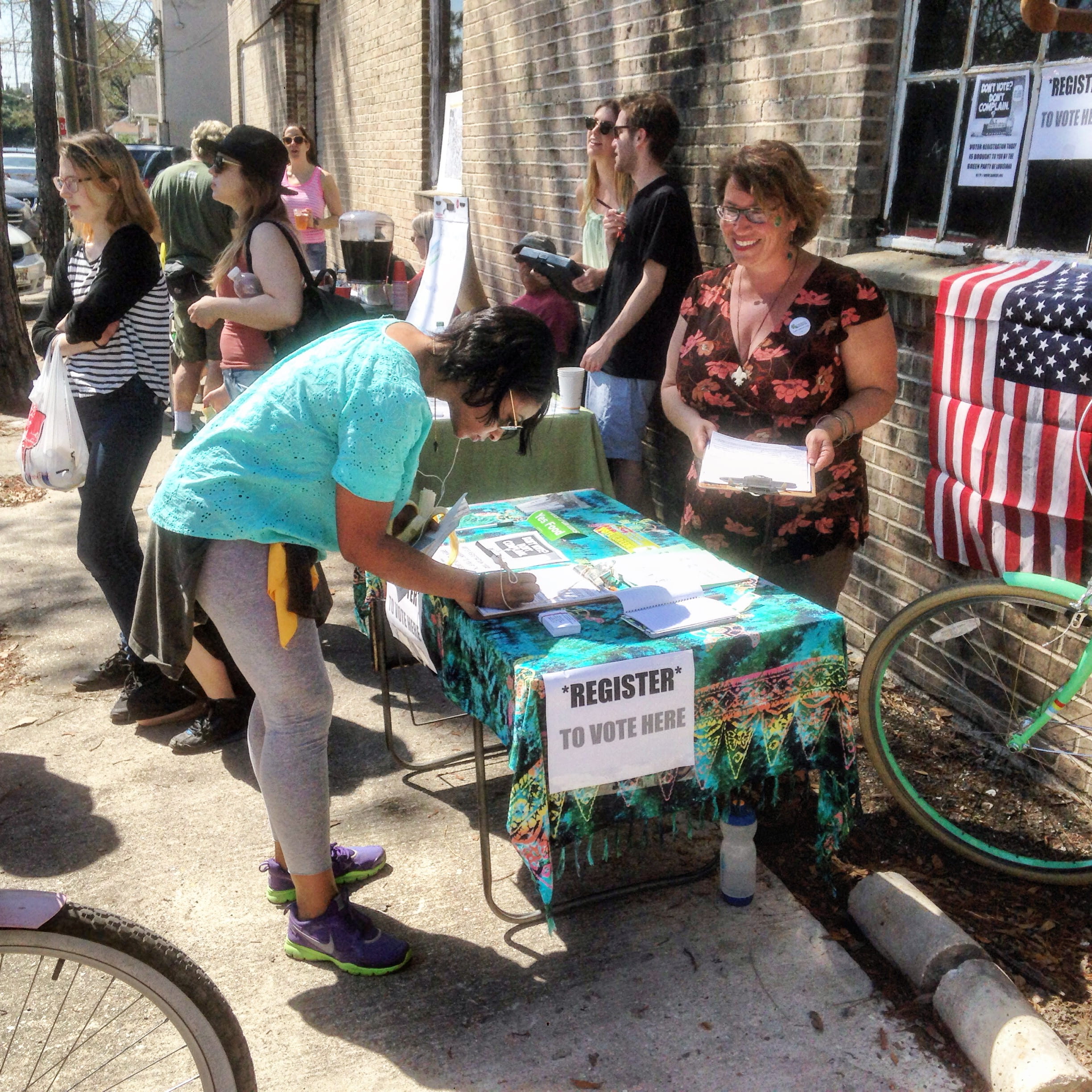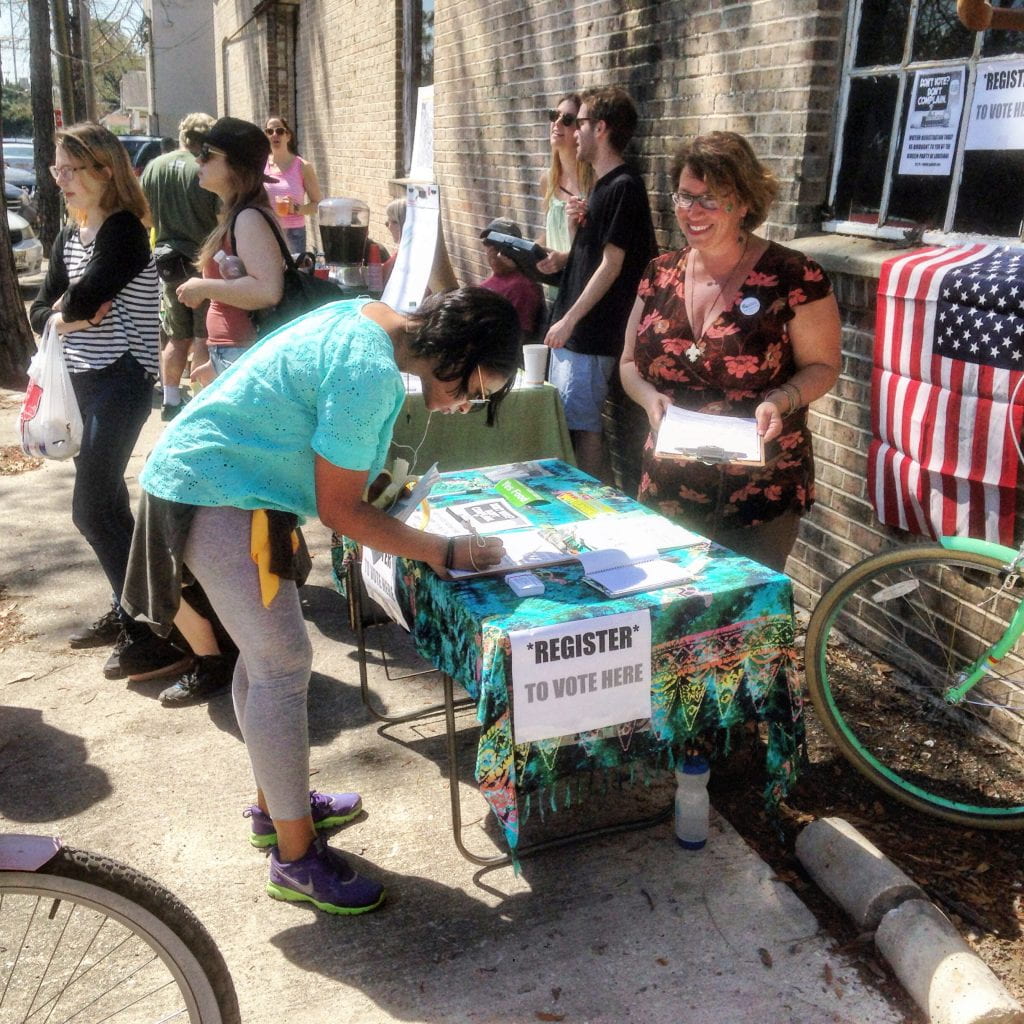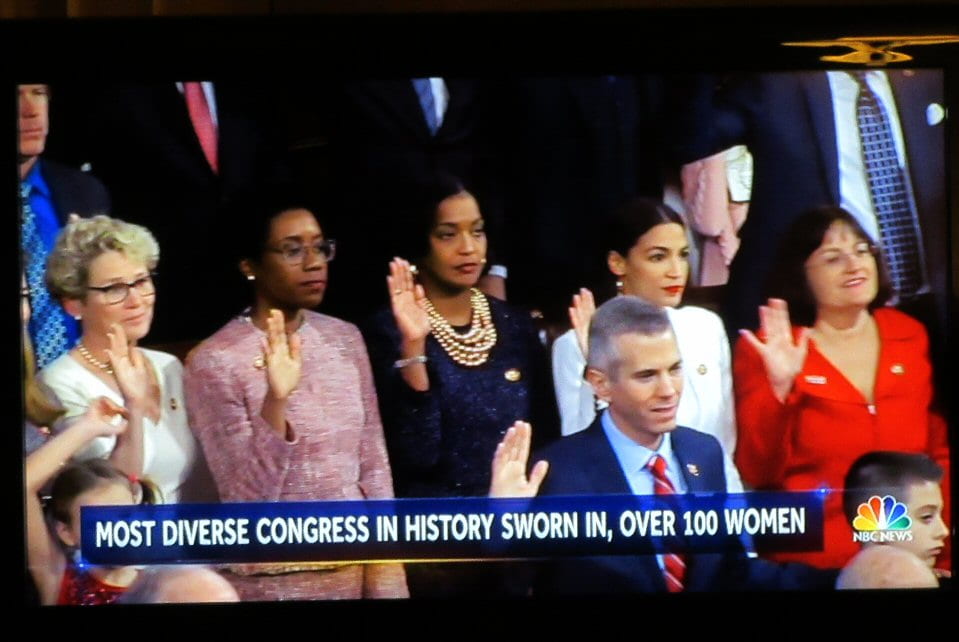Pride Month will look different this year. Large corporations have begun their rainbow themed merchandise sales and included short LGBTQ+ focused ad campaigns, but the typical Twitter decries are in short supply.
Seven years have passed since the incredible expansion of human rights, specifically LGBTQ+ rights, within the United States with the Supreme Court ruling in Obergefell v. Hodges. This ruling secured the fundamental right to marry for same-sex couples through the Due Process and the Equal Protection clauses of the Fourteenth Amendment. This case brought in waves of support for the LGBTQ+ population and led to greater well-being and life satisfaction for members of the community.
/GayPride-56b0d2de5f9b58def9c307c8.jpg)
With the recent leaking of Justice Alito’s opinion on an overturning of Roe v. Wade, there is a panic that Obergefell v. Hodges and Lawrence v. Texas, which determined that criminal punishment for acts of sodomy was unconstitutional, are speculated to be under threat to be overturned. While only time will tell whether there is a reversal of these rulings, a more pressing threat to LGBTQ+ rights is spreading like wildfire.
Bill Content
The emergence of “Don’t Say Gay” bills across roughly a dozen states serves as the new hurdle in the endless marathon of a fight for LGBTQ+ rights. Originating in Florida where it was signed into place by Governor Ron DeSantis under the name of “Parental Rights in Education”, this bill stops discussion of gender and sexual orientation in classrooms ranging from kindergarten to the third grade and also penalizes discussion of sexual orientation and gender is not presented in an age-appropriate manner. Violation of the bill by educators or an educational institution is ultimately determined by the parents and is grounds for a lawsuit. Additionally, parental provisions included in bills similar to Florida’s require parental notification about any health or support offered to their child, giving parents the right to deny services for their children.
Florida’s bill passage was only the beginning. More states like Alabama, Ohio, Louisiana, and more have made the move towards passing and signing similar bills. Politicians like DeSantis claim that bills like these support parents in determining how they introduce their children to the topics of sex and gender, and facilitate “education, not an indoctrination.” States like Alabama have gone even farther in their measures regarding LGBTQ+ youth, specifically trans youth, aiming to limit healthcare access for individuals seeking gender-affirming care. Much of the debate revolves around this kind of political justification of the bills and where America draws the line between LGBTQ+ discrimination and parental and state control of education.
The reality of the situation is one that educators and those from the LGTBQ+ community have elaborated upon time and again as sister bills have emerged from various states. Succinctly put by Arjee Restar, assistant professor of epidemiology at the University of Washington, to NPR, “The institutionalization of these bills is an overt form of structural transphobia and homophobia, and it goes against all public health evidence in creating a safe and supportive environment for transgender, nonbinary, queer, gay and lesbian youths and teachers to thrive.”

Potential Bill Effects
LGBTQ+ youths already face relentless stigma and hardship in the process of loving who they are and feeling comfortable sharing that. In fact, according to the Trevor Project, ‘the world’s largest suicide prevention and crisis intervention organization for LGBTQ (lesbian, gay, bisexual, transgender, queer, and questioning) young people’, estimates that roughly one LGBTQ+ youth attempts suicide every 45 seconds. Additionally, due to the intersectional nature of identity, LGBTQ+ POC youth are speculated to face even higher rates of suicide, mental health conditions, and more. When compounded by critical race theory legislation, these “Don’t Say Gay” bills could negatively effect LGBTQ+ people who face intersectional difficulties in existing.
The “Don’t Say Gay” bills have the potential to exacerbate societal stigma by formally institutionalizing trans- and homophobia by moving towards educational erasure of this population. They also create the potential for familial discourse that could jeopardize a child’s well-being. According to The Trevor Project, the parental provisions section of bills like Florida’s “appear to undermine LGBTQ support in schools and include vague parental notification requirements, which could effectively require teachers to ‘out’ LGBTQ students to their legal guardians without their consent, regardless of whether they are supportive.”
Furthering the concept of family and what role it has to play in youth education, educators bring to light that while gender and sexual orientation may not often be present in forthcoming ways, family certainly is. And with the ruling of Obergefell v. Hodges, more children come from LGBTQ+ families and may have more than one parent of the same gender. The question this situation produces is to what extent this bill really controls education and where do the boundaries lie in state-control over topics that are are fundamental to a child’s lived experience.

What You
While the effects of these bills is yet to be determined, as of right now, lawsuits and court intervention appear to be the only routes to navigate through undoing this legislation. If you feel called to support the plight of the LGBTQ+ population, please consider the following:
1. Donate to LGBTQ+ affirming spaces and support networks like The Trevor Project.
2. Write letters to your state representatives relaying your support of LGBTQ+ visibility in the classroom and urging for either the prevention of a “Don’t Say Gay” bill or the reconsideration of a politician’s support for one.
3. Check in with people in your life who may be affected by such a decision.



